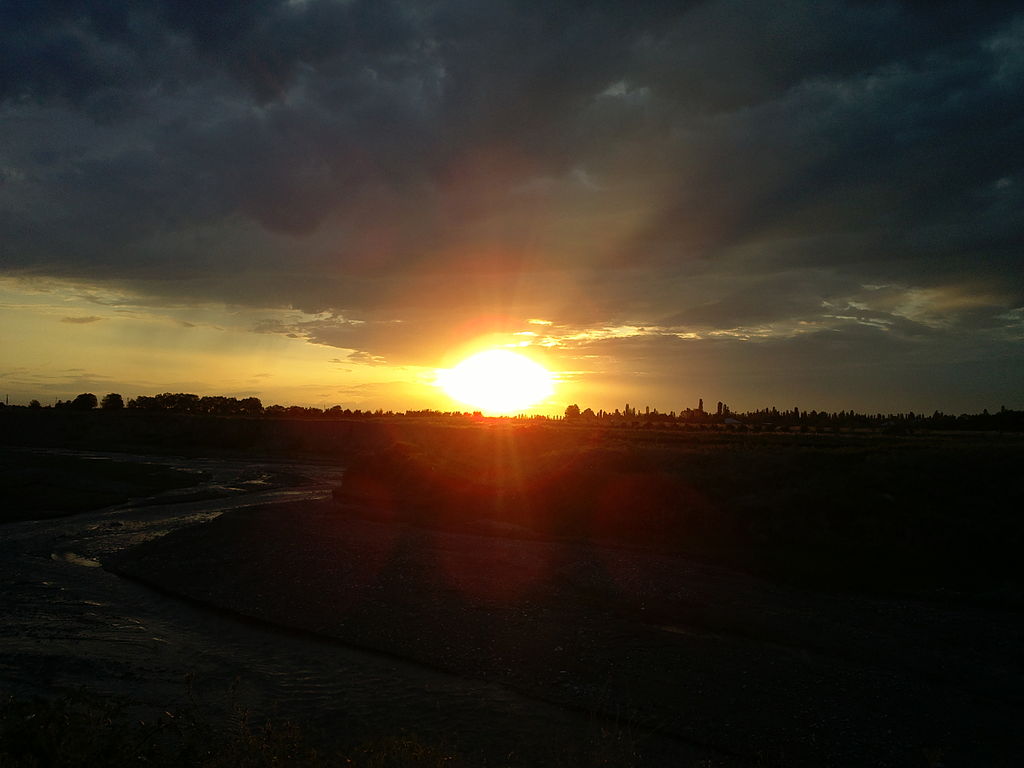I have difficulty with the idea of thanking God for “returning my soul to me” sheheḥezarta bi nishmati when I’m getting up with an awareness of trying to stay in touch with my dreams. It’s not my soul that’s been missing through the night; I’m returning to experience my body. So I much prefer what I heard someone suggest, that instead of saying nishmati (my soul), to say instead ha-[hitgalmut shel] nishmati (the embodiment of my soul). I thank God for returning me to my body — my soul was never missing! In the words of my Sufi teacher Murat Yagan, “I am a soul, and I have a body.” –Ya’qub ibn Yusuf
TOGGLE COLUMNS (on/off):ADJUST COLUMN POSITIONS: select the column header cell and drag it where you want. show me!COPY INDIVIDUAL COLUMN(S): use CopyTables, a browser extension.
| Source (Hebrew) | Translation (English) |
|---|---|
מוֹדָה|מוֹדֶה אֲנִי לְפָנֶיךָ מֶֽלֶךְ חַי וְקַיָּם שֶׁהֶחֱזַרְתָּ בִּי הַהִתְגַּלְּמוּת שֶׁל נִשְׁמָתִי בְּחֶמְלָה רַבָּה אֱמוּנָתֶךָ׃ |
So thankful am I before you, Living and enduring Majesty, for you have returned to me the embodiment of my soul with compassion. So great is your faith! |
Modeh Ani first appeared as an addendum in Seder ha-Yom (1599) by Moshe ibn Makhir of Safed. Around February 2012, I was sitting with Ya’qub ibn Yusuf in his bookstore, Olam Qatan (then at 54 Emek Refaim in South Jerusalem), asking if he might share some useful practice that I might share through the Open Siddur Project. He offered this thought which he had heard from someone else. (Unfortunately, Ya’qub could not remember who taught this insight. If you know its origin, please contact us or share in the comments.) The Hebrew adaptation and translation I’ve offered is based upon Ya’qub’s teaching. Read more on Modeh Ani from Shmuel Gonzales at Hardcore Mesorah. –Aharon Varady

“מוֹדה אֲנִי | Returning the body to the soul: an adaptation of Modeh Ani by Moshe ibn Makhir” is shared through the Open Siddur Project with a Creative Commons Attribution-ShareAlike 4.0 International copyleft license.




!["[holding hands]"U.S. Air Force Airman 1st Class Ryan Macri, a 606th Air Control Squadron radio frequency transmission journeyman, holds hands with his wife Ashley Oct. 4, 2014, at Spangdahlem Air Base, Germany. The Macris spent time together before Ryan left for his first deployment. (U.S. Air Force photo by Airman 1st Class Dylan Nuckolls/Released)](https://opensiddur.org/wp-content/uploads/2016/07/141004-F-LX214-431-250x250.jpg)


Very interesting. In Chinese Medicine, the Hun, or spiritual aspect of the Liver, releases from the body during sleep to soar high in the universe. When the Hun returns, the person awakes. (this is just a brief summary)